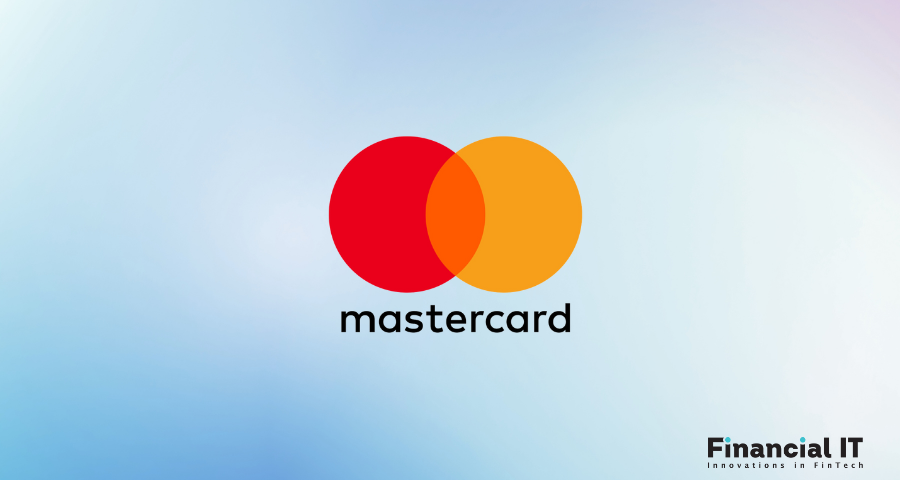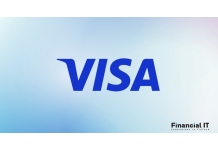Visa Completes Acquisition of Prisma and Newpay
- 27.02.2026 03:55 pm
Kwik Fit Shifts Gears With American Express Acceptance
- 26.02.2026 10:15 am
Cashflows Partners With fumopay to Launch Instant...
- 26.02.2026 09:05 am
GoTo Foods Taps DailyPay to Modernize Frontline Worker...
- 26.02.2026 08:45 am
Cross-Border Payments Solution Expands Into UK Market...
- 25.02.2026 12:05 pm
Form3 Expands Strategic Partnership With SumUp to...
- 25.02.2026 11:35 am
Mambu Payments Expands in Asia Through Its Payments...
- 25.02.2026 08:40 am
Triple-A Strengthens Cross-Border Payment...
- 24.02.2026 10:55 am
Incard Secures EMI Licence to Continue Its Mission of...
- 24.02.2026 08:55 am
Paysafe Unveils Strategic Partnership With Spreedly
- 24.02.2026 08:35 am
New Visa Study Shows 9 Out Of 10 Ukrainians Want Their...
- 23.02.2026 10:20 am
TerraPay Partners With Banco Ganadero to Enable 24/7...
- 23.02.2026 09:15 am






















